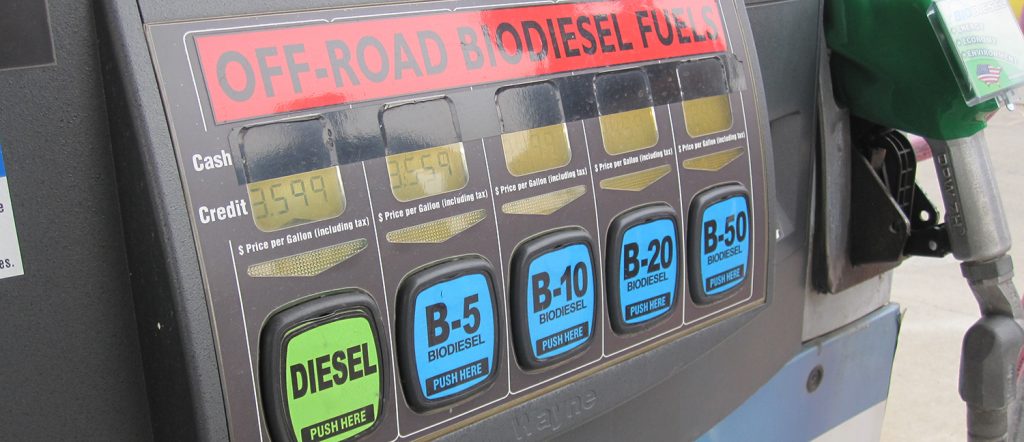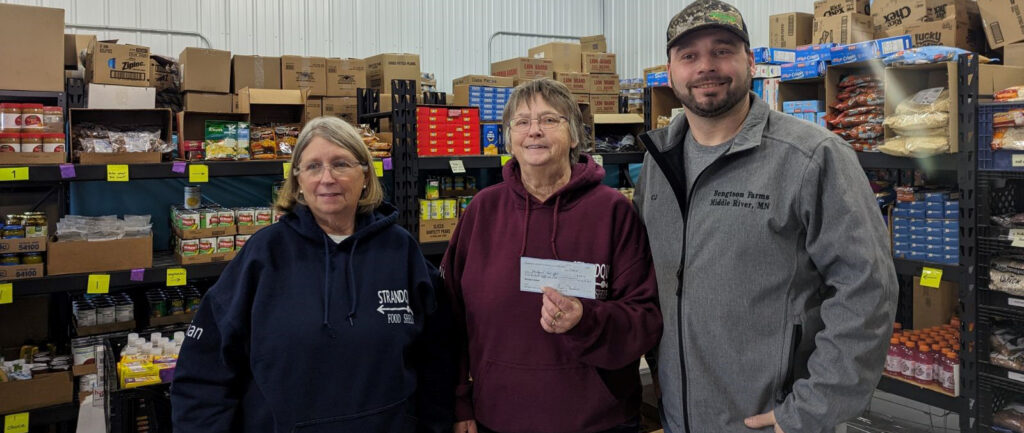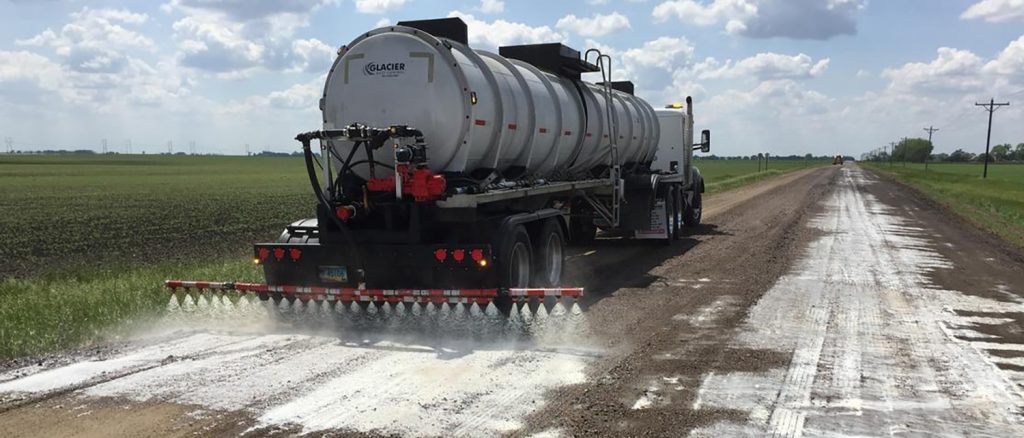Being an advocate runs in Joe Serbus’ blood. Serbus, who farmers in Bird Island, Minn., has been involved in many decision-making groups throughout his life. When the opportunity arose to join the Minnesota Soybean Research & Promotion Council (MSR&PC), Serbus seized the moment and didn’t look back. He currently serves as MSR&PC treasurer and is the representative for Districts 5 & 6.
Serbus believes investments made by the Council truly benefit Minnesota farmers.
“As a council, we’re trying to feed and fuel the world while putting our farmers first,” the Renville County farmer says. “One of the most rewarding aspects about being on the board is working with the University of Minnesota research team along with the Minnesota Department of Agriculture. They’re sources of reliable and accurate information that we can relay back to our farmers.”
In addition to partnering with the University of Minnesota and Minnesota Department of Agriculture, Serbus says MSR&PC partners with South Dakota State University (SDSU) and North Dakota State University on research projects. These partnerships help Minnesota because it puts a regional touch to Minnesota’s vast agricultural landscape.
The Council learns about issues farmers face in the field, and works with their partners to find solutions for those concerns. In addition to researching new varieties, MSR&PC looks to find new uses for older soybean varieties. For example, one variety may have been grown for a certain purpose in the past, but is better suited for a new use.
“Finding new uses for soybeans is one way we make sure that farmers are taken care of,” says Serbus. “New uses create more demand for Minnesota soybeans, and a great example of that is biodiesel.”
Minnesota is the leader in biodiesel, as the first state to require diesel fuel to have a biodiesel blend. It started with a 5 percent blend (B5) of diesel in 2002, and in spring of 2018, Minnesota will be moving to a 20 percent blend (B20) in the summer months. Biodiesel stands up to Minnesota weather with the use of B5 in the winter months, negating the misconception about the fuel not performing in harsher climates.
“Biodiesel is a win-win for consumers and our farmers,” Serbus says. “Biodiesel adds value to soybeans by using the leftover soybean oil from crushing soybeans. An added bonus is that it’s a cleaner-burning fuel, helping to reduce carbon dioxide emissions.”
The Council is continually researching best practices for production, as well as ways to reduce environmental impacts and better meet consumer needs. Farmers are using this information to harvest higher-yielding and higher-quality soybeans.
“Minnesota is a leader in soybean innovation, and serves as an inspiration to other states,” Serbus concludes. “The Minnesota Soybean Research & Promotion Council goes above and beyond for our farmers, and it shows.”







